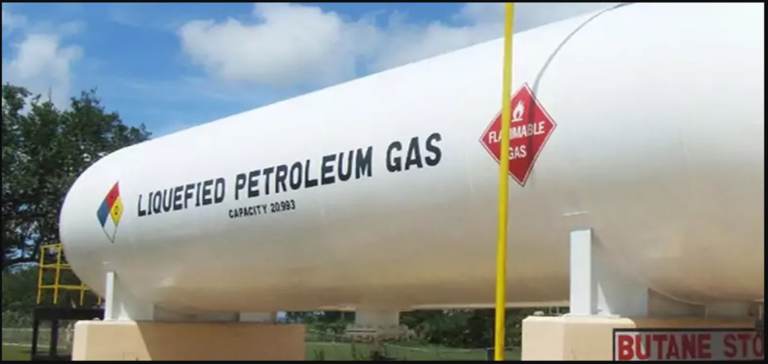The suspension of LPG gas exports represents a significant decision by Niger’s military authorities. The aim is to prioritize domestic supply to support the domestic market and meet the country’s energy needs.
Domestic LPG production trends
In the early years, LPG exports played an important role in the Nigerian economy. However, these exports have fallen considerably in 2019 and 2020 due to increased domestic demand. This trend reflects the growing importance of LPG for domestic needs. In addition, the Nigerien government had previously subsidized LPG to discourage the abusive use of wood. This initiative was aimed at combating desertification, a majorenvironmental problem in the region. By encouraging the use of LPG, the government also sought to reduce deforestation and preserve natural resources.
A formal ban on exports
The export of LPG gas will henceforth be formally prohibited, except with special authorization, until further notice, according to a letter from the Director General of Customs, Abou Oubandawaki. An order from the Ministry of Trade and Industry, dated September 25, confirms this ban and emphasizes that domestic LPG production must supply the national market as a priority. This decision aims to ensure that LPG remains accessible to Nigerien citizens and is not exported to the detriment of local needs. The economic and social implications of this measure will be closely monitored over the coming months.
Implications for the energy sector
This decision will have a significant impact on Niger’s energy sector. Companies and industry players will have to adjust their operations accordingly. What’s more, Niger’s population, dependent on LPG for cooking and heating, will have to adapt to the new conditions. The international context, including the sanctions imposed by ECOWAS in response to July’s coup d’état, makes this decision even more important politically and economically. It will be essential to closely monitor the evolution of this policy and its implications in the future, as it has the potential to reshape Niger’s energy and economic landscape.





















